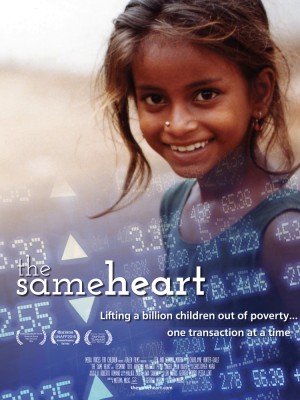How a small financial transaction tax might be used to help us end child slavery and the worst forms of child labor in the next nine years
By Reid Maki
The UN has set a very ambitious goal—one of the sustainable development goals adopted last year—of eliminating child labor, child slavery, forced child labor, and the use of child soldiers in the next nine years. It’s daunting to think about. Nearly 170 million children remain in child labor despite a one-third reduction in the number of children trapped in child labor over the last 15 years. Eighty-five million children remain in hazardous child labor, working in brothels, mines, and places no child should be sent. Nearly six million children remain in child slavery.
How is the world to achieve this laudable, essential goal? The answer is it cannot—not without a significant infusion of resources. More than 120 million children who should be in school are not. A billion children are illiterate. Functioning schools are a critical element in the battle against child labor and child slavery. In West Africa, where two million plus children toil on cocoa plantations to harvest the main ingredient in chocolate, more than 3,000 schools are needed to provide children with educational alternatives to hazardous work.

“The Same Heart” is a documentary film exploring the need for revenues to protect children and how a financial transaction tax might work.
Clearly, hundreds of billions of dollars are needed over the next nine years. Is the global community likely to provide this funding? Probably not, unless there are new revenue sources from which they can draw the money from.
Fortunately, the European Community and the US Congress is working on a new revenue source: a financial transaction tax that would be applied to all financial transactions like stock or derivative trades and bond purchases. Because there are trillions of such trades each year in US markets alone, even a tiny tax ranging from one-tenth of one percent to a half percent could raise tens of billions of dollars. The Inclusive Prosperity Act in Congress by Rep. Keith Ellison (D-MN) and Senator Barry Sanders (I-VT) hopes to do just that, and the Child Labor Coalition, which NCL co-chairs, helped organize a congressional briefing in September to help promote the concept.
Globally, FTTs might raise up to $300 billion a year. The European community is in various stages of implementing an FTT in over 10 countries. The idea is not new. The US had an FTT in the past and continues to pay for the Securities and Exchange Commission with a very tiny FTT. Japan successfully raised billions with an FTT in the 1990s before conservative forces led them to abandon the tax.
An FTT would make our tax system more equitable.


